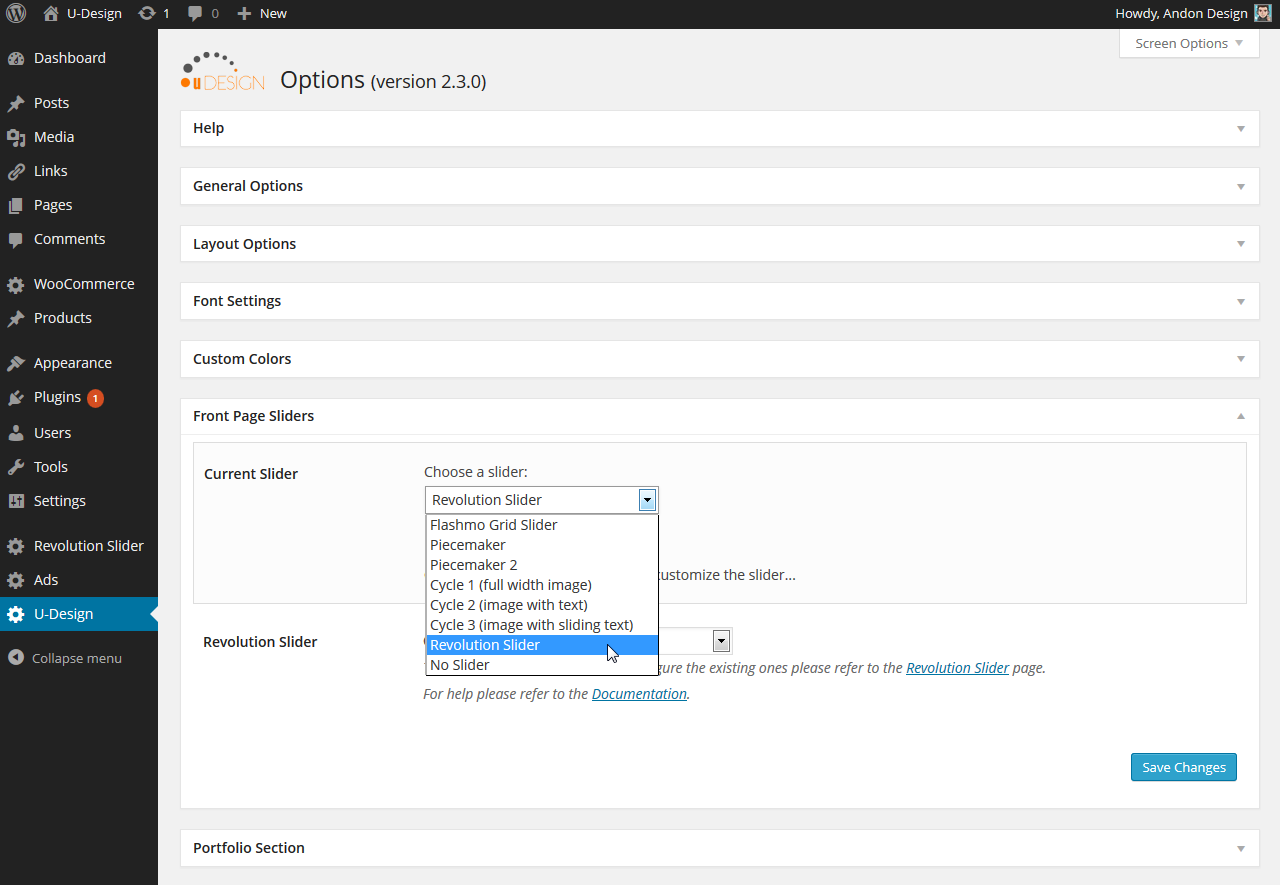Christina Tobin, Vice-President of Taxpayers United for America, appeared on The Mandy Connell Show at 84 WHAS to discuss Jefferson County’s top government pensions. Click to play the audio below.
[audio:https://www.taxpayersunitedofamerica.org/wp-content/uploads/mandyconnell.mp3|titles=Mandy Connell]

CHICAGO–Taxpayers United of America (TUA) will appear on CLTV’s ‘Politics Tonight’, Friday December 30 at 6:00 CST. Host Paul Lisnek will interview Andrew Spiegel, noted legal counsel representing TUA in a lawsuit against the Illinois Tollway, along with Rae Ann McNeilly, TUA Director of Outreach, and one of the plaintiffs in the lawsuit.
TUA filed a lawsuit against the Illinois Tollway Authority in an effort to stop the egregious 90% toll increase. Judge Rita Novak dismissed the case in her ruling on a motion filed by Attorney General Lisa Madigan who is defending this alleged illegal toll tax increase.
“This toll tax increase has nothing to do with improvements and maintenance of existing tollways and has everything to do with expanding and perpetuating the bloated bureaucracy known as the Illinois Tollway Authority,” said McNeilly. “Conventional wisdom supports tollways as a direct tax, but in Illinois, the administration of the tollway has become a cesspool of cronyism and provides high paying jobs and pensions for the friends and family of Illinois bureaucrats as well as lucrative contracts for unions who support the politicians that make the tollway leadership’s appointments.”
“Lisa Madigan is fighting us with an army of lawyers. Six taxpayer-funded staffers showed up at the December 20th hearing. She must really have been worried that taxpayers might win.”
“We will continue this fight on behalf of millions of taxpayers. We will either appeal this ruling or file an amended complaint. This kind of ‘Chicago Politicking’ is sucking taxpayers dry and we are prepared to fight.”
Your donation will help us to continue our fight to bring honesty and responsibility to the spending of taxpayers’ money! Please click here to make a safe and secure online donation
TUA’s pension project on Kentucky is featured in this article on the State-Journal.
Taxpayers United of America is probably barking up the wrong tree if it expects to persuade Kentucky politicians to abandon traditional pensions for future public workers and shift them to 401(k)-style savings accounts. The idea failed to fly in this year’s legislative session and its chief proponent, Republican Senate President David Williams, lost big in the subsequent gubernatorial election.
State workers have little incentive to support a change that would leave retirement security at the mercy of marketplace ups and downs. Same for most legislators, who are eligible for similar (but better-funded) pension packages under the umbrella of the Kentucky Retirement Systems. Both workers and legislators get guaranteed benefits.
Taxpayers United, nevertheless, hits the mark when it criticizes state government for revealing too little about who’s paid how much through KRS. Public payrolls are open records so government workers realize that anyone who wants to know, for whatever reason, can find out how much they make. Pension payments are exempt from the records law, raising suspicions that all manner of hanky-panky could be going on without public knowledge.
Christina Tobin, vice president of the tax-relief group, called on Gov. Steve Beshear this week to release the individual numbers. For what it’s worth, the Democratic governor came under attack early in his first term for appointing a key Republican legislator to a high state position, allegedly in an effort to alter the legislative makeup to partisan advantage. News got out that the appointee greatly enhanced his projected pension by making the move.
Here as elsewhere, public employees high and low stir envy among private-sector Kentuckians who can only dream of the security guaranteed to those living on government pensions. KRS statistics show 39,732 public retirees and beneficiaries statewide averaged $20,400 each in pension payments during fiscal year 2010. The 6,025 in Franklin County will average more than $30,200 in fiscal 2011.
Tobin emphasized that the thrust of her message was not to attack rank-and-file public workers, who contribute to their retirement systems and probably have little power to set the terms. She did say current employees should pay in more but added her real focus is on high-level administrators “in bed with union leaders” who call the political shots.
Taxpayers United did a study that estimated retirement benefits of local and state government officials without having full individual employment data. It assumed employees would work 30 years, retire at 52, live 23 to 32 years afterwards and get a 2 percent cost-of-living adjustment annually.
The group believes disclosure of additional information would advance its case for changing government retirement from “defined-benefit” to the “defined-contribution” approach that’s sweeping the business world.
As it is, the retirement/health care systems for Kentucky public workers and teachers have a total unfunded liability exceeding $30 billion – even though the 2008 legislature took steps to reduce benefits of employees hired since then and step up government’s contributions with the intention of closing the gap by 2024.
The public, whose taxes insure state pensioners get all the benefits promised to them regardless of the systems’ financial difficulties, deserves to know exactly how much each retiree receives and reach its own conclusions about the sustainability of this program.






